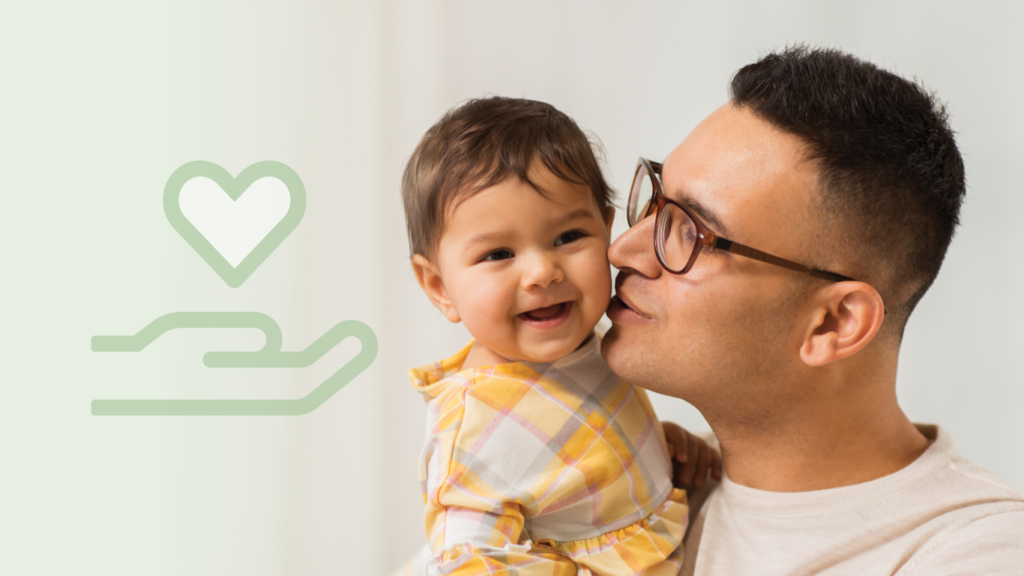Safety Planning
This webpage is not a complete replacement for speaking to an advocate about a safety plan. To safety plan with an advocate at The Second Step, please call 617-965-2538.
Whether you are currently in an abusive relationship, are preparing to leave, or have already left, it is important to have a safety plan. A safety plan is a personalized set of actions that can lower your risk of harm in situations where violence could occur. It can be hard to think clearly and logically in moments of distress, so having a safety plan prepared in advance can help you prepare for and respond to different situations that could arise. It is always important to have a safety plan, but it is especially important if the violence in your home keeps getting worse, or if you are planning to leave the relationship (some people call this fleeing). Leaving has been shown to be the most dangerous time in an abusive relationship. When possible, it is best to safety plan with a domestic violence advocate like the advocates at The Second Step. Domestic violence advocates receive special training on how to keep you and your loved ones the safest, and can help you come up with options you haven’t yet considered.
We recognize that sometimes it is not possible to safety plan with a trained advocate, so here are some general safety tips that apply to many situations:
- Have a bag packed with essential items you would need if you leave the house, such as a phone charger, wallet, ID, necessary medication, and keys.
- Keep copies of important documents with you or in a safe and accessible place outside of the home, like your car. This could include you and your children’s birth certificates, Social Security cards, immigration papers, or passports.
- Teach your children a safe place to go in the home if violence occurs, such as a bedroom with a lock on the door. Teach them not to get involved when violence occurs, and to instead get themselves to safety so that they don’t get hurt.
- Keep a card with emergency phone numbers in your pocket or wallet in case your partner takes your phone. This could include phone numbers of trusted friends, family members, neighbors, or local domestic violence hotlines and shelters.
- If you worry that you are being followed, monitored, or stalked, change your routine as frequently as possible. This could include taking a different route to work or school, or varying the times that you come and go from the home. For increased tech safety, change your passwords frequently.
- Document all violence incidents, including threats made, actions that occurred, pictures of any injuries, date, time, and location that it occurred and store in a safe place that your partner cannot access.
- Identify and inform trusted individuals about what is happening in your relationship. Create a code word or action that could inform them that you need urgent help. Avoid sharing with individuals who are directly connected to your partner (for example, your abuser’s family member or close friend).

What to expect when you safety plan with an advocate at The Second Step:
When you speak with an advocate at The Second Step, they will ask you questions about your current situation and level of safety. Some of those questions might include:- Do you currently have a restraining order?
- Have you ever notified the police about this situation?
- What are you already doing to keep yourself safe?
- Where are you currently living?
- To your knowledge, does your partner or ex-partner have any weapons?
If you would like to safety plan with an advocate here at The Second Step, call our intake line at 617-965-2538 and someone will return your call.
If you need 24/7 help safety planning outside of business hours, you can contact the National Domestic Violence Hotline at 1-800-799-SAFE (7233).

Our Services
Our tailored services guide survivors on their unique path to safety, stability, healing, and hope.
Together, we empower survivors to build a brighter, more secure future.
Speak with an advocate today.
Call us at 617-965-2538


